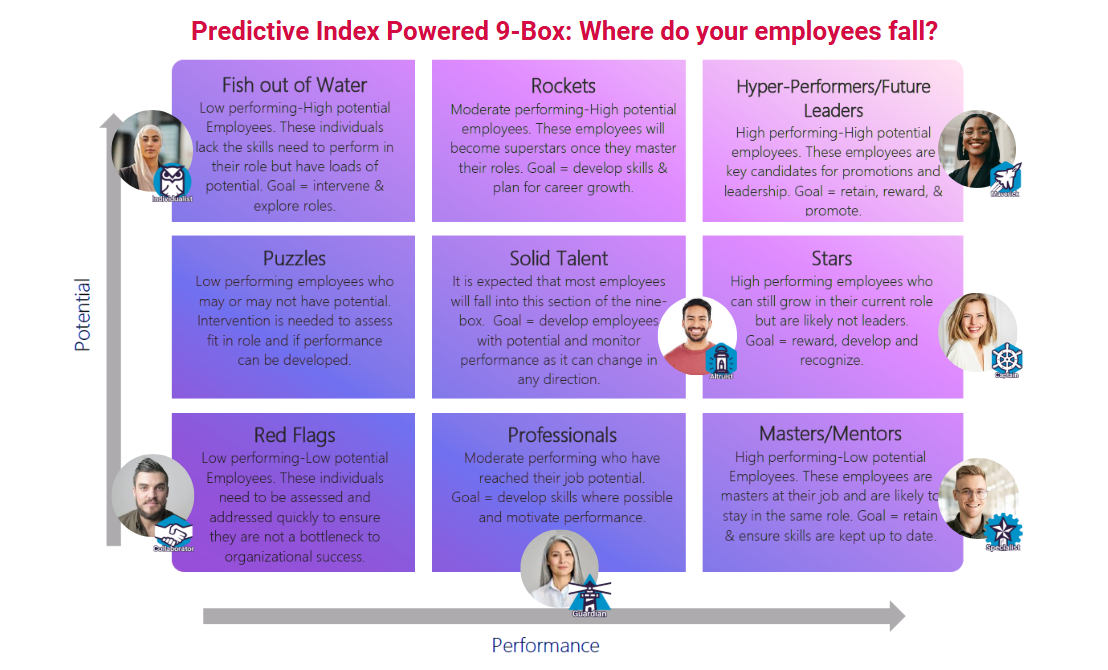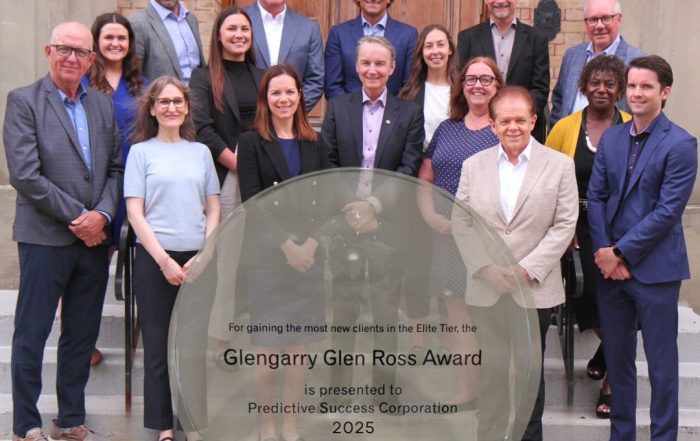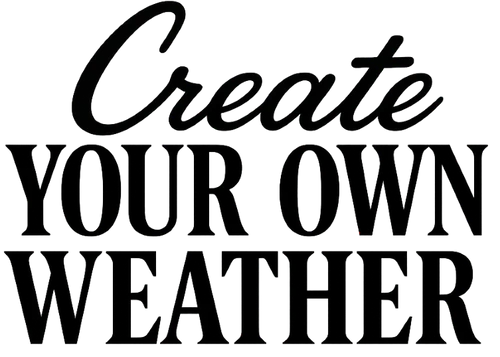How The Predictive Index Enhances the 9-Box Model – With Predictive Success
By Adrienne Reilly |
3.9 min read
How The Predictive Index Enhances the 9-Box Model—With Predictive Success
The 9-Box Talent Grid is a trusted tool in HR and leadership circles for evaluating employee performance and potential. But too often, it’s based on subjective assessments, leading to missed opportunities and biased decisions.
The Predictive Index (PI), delivered in Canada by Predictive Success, brings scientific, data-driven clarity to the 9-box process. It equips leaders with the behavioral and cognitive insights needed to make smarter, fairer, and more strategic talent decisions. This illustration is a catalyst for constructive dialogue and in turn, will facilitate discussion, teamwork, and development. The idea behind the matrix is that by identifying how each employee fits into the grid, you can better understand where each employee stands and how they should be positioned in future organizational shifts. However, one of the biggest missing pieces to the traditional model is objective people-data. The Predictive Index as delivered by Predictive Success (PI) provides a living snapshot of potential that helps you pivot your talent strategy in real time.
Predictive Success Corporation 2025
🔁 Traditional vs. PI-Enhanced 9-Box: A Quick Comparison
| 9-Box Element | Traditional Approach | With Predictive Index via Predictive Success |
|---|---|---|
| Performance | Manager ratings, KPIs | Adds objectivity with PI’s Behavioral & Cognitive data—predictive of real job fit and outcomes |
| Potential | Subjective managerial judgment | Assessed using cognitive ability, adaptability, and behavioral alignment to leadership traits |
| Development Plans | Generic, inconsistent | Tailored coaching and stretch plans aligned to individual drives and learning style |
| Succession Planning | Based on tenure or “gut feel” | PI Job Targets + employee data identify future leaders based on real role alignment |
🔍 How Predictive Success Powers the 9-Box Model with PI
1. Objective Potential Assessment
With Predictive Success implementing PI’s Cognitive Assessment, you gain insight into:
-
Problem-solving and learning ability
-
Capacity for handling complexity
-
Leadership readiness, based on behavioral drives
No more guessing who’s got growth potential—now it’s measurable.
2. Role Fit Equals Performance
Behavioral insights from PI help determine whether an employee’s natural tendencies align with their current role.
-
Misalignment? Predictive Success coaches can guide realignment strategies to optimize performance.
-
Strong alignment? You’ll see more consistent, engaged, and productive talent.
3. Succession Planning with Confidence
Using PI Job Targets, organizations working with Predictive Success can:
-
Map behavioral and cognitive requirements for critical future roles
-
Match current employees to those targets based on data
-
Build a true leadership pipeline—not just a list of tenured employees
4. Customized Development & Coaching
Instead of cookie-cutter training:
-
A Maverick might thrive with innovation projects
-
A Controller needs structured paths and clarity
-
Predictive Success helps leaders use PI data to craft high-impact development plans for every profile
5. Fair, Data-Backed Talent Reviews
Predictive Success ensures that your 9-box grid reflects objective, bias-free insights by anchoring conversations in validated science, not subjective opinions.
📊 Sample PI-Enhanced 9-Box Grid (via Predictive Success)
| High Potential (High CA / Leadership Traits) | Moderate Potential (Moderate CA / Role Fit) | Low Potential (Low CA / Misfit) | |
|---|---|---|---|
| High Performance | 🌟 Future Leaders Alex (Captain, CA: 8) Priya (Strategist, CA: 7) |
Strong Contributors Liam (Operator, CA: 6) Sofia (Guardian, CA: 5) |
At Risk Mark (Analyzer, CA: 4) |
| Moderate Performance | Emerging Talent Emma (Maverick, CA: 9) |
Team Players Noah (Adapter, CA: 5) |
Misaligned Effort Olivia (Controller, CA: 4) |
| Low Performance | Underutilized Potential Ethan (Venturer, CA: 8) |
Needs Clarity Grace (Specialist, CA: 5) |
Exit Risk Ben (Operator, CA: 3) |
💡 Strategic Takeaways from Predictive Success’s PI Insights
-
Alex (Captain, CA: 8) – High performance, high cognitive capacity, strong people-leader traits. Ready for succession.
-
Ethan (Venturer, CA: 8) – Not delivering today, but could thrive in a more dynamic role. Redeploy to unlock potential.
-
Mark (Analyzer, CA: 4) – Technical expert, solid performer, but not wired for leadership. Focus on retention via mastery, not advancement.
🚀 Practical Applications for Your Organization
With Predictive Success, You Can:
-
Run Data-Driven Talent Reviews
Present objective PI data to your leadership team, removing politics from the process. -
Map Future Leaders Today
Identify true succession candidates using behavior and cognition—not just tenure or popularity. -
Personalize Development
Use PI’s behavioral insights to craft coaching plans that actually work for each person. -
Retain the Right People
Spot high performers with low long-term potential and build career paths to keep them engaged and productive.
✅ Summary: Why Predictive Success + 9-Box = Smarter Talent Strategy
-
Objective Talent Insights
-
Better Succession Planning
-
Custom Development Tracks
-
Retention Through Role Fit
-
Bias-Free Reviews
With Predictive Success, you’re not just filling out a 9-box—you’re using it as a strategic engine powered by science. When you integrate PI into your talent processes, you move from reactive HR to proactive leadership planning.
📈 Ready to Build a PI-Informed 9-Box Dashboard?
Predictive Success can help you create a custom dashboard that brings together behavioral, cognitive, and performance data—so you can visualize your talent pipeline like never before.
Related Blogs
Predictive Success Named #1 Predictive Index Partner Globally for Sixth Consecutive Year
Predictive Success Named #1 Predictive Index Partner Globally for Sixth Consecutive Year Excellence is rarely accidental. It is built through discipline, consistency, and an unwavering focus on results. In 2026, Predictive Success Corporation has once
Coaching and Leadership Development: How to Unlock Your Team’s Potential
Coaching and Leadership Development: How to Unlock Your Team's Potential Leadership today is more complex than ever. Expectations are higher, teams are more diverse, and change is constant. Organizations that want to thrive must invest
Create Your Own Weather: The Story, Meaning, and Mission Behind the Brand
Create Your Own Weather: The Meaning Behind the Brand and Its Mission Create Your Own Weather is more than an apparel brand. It is a philosophy rooted in resilience, mindset, and personal leadership. Built on




